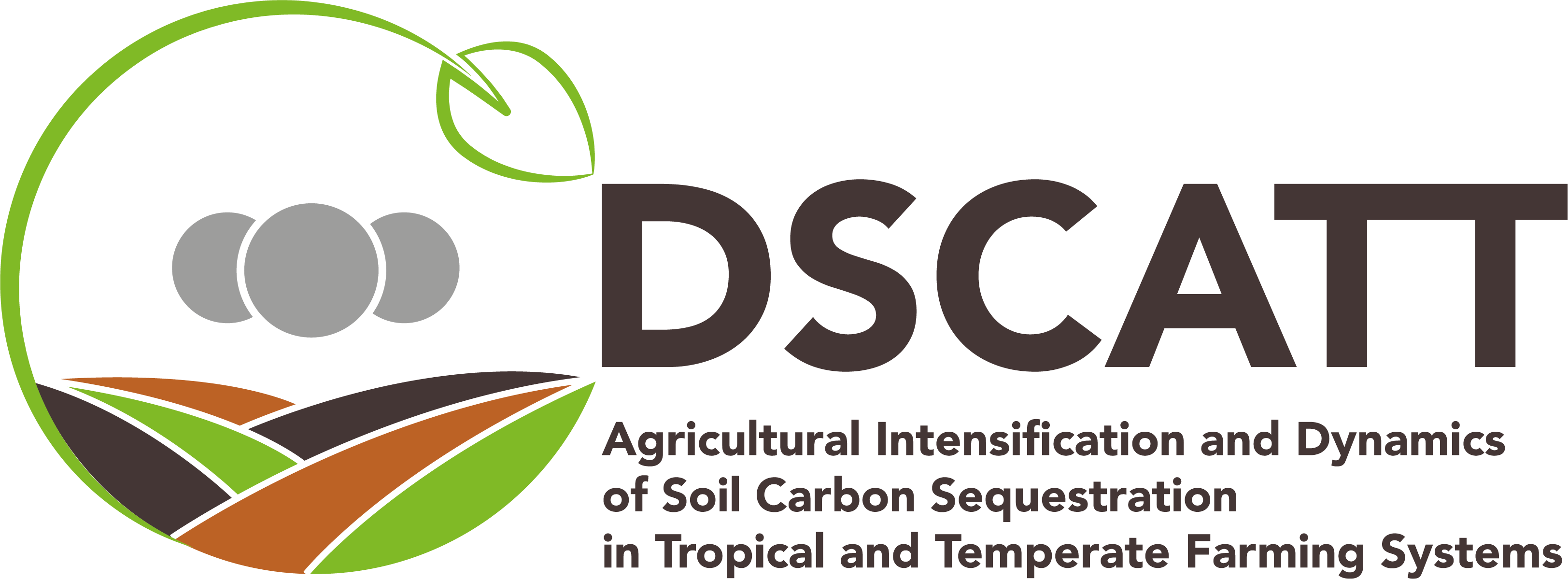Smallholder farmers' perceptions of the natural and anthropogenic drivers of deforestation and forest degradation: a case study of Murehwa, Zimbabwe
Item
-
Title
Smallholder farmers' perceptions of the natural and anthropogenic drivers of deforestation and forest degradation: a case study of Murehwa, Zimbabwe
Transactions of the Royal Society of South Africa
-
Creator
P. T. Mataruse
K. Nyikahadzoi
A. Fallot
-
Subject
deforestation
drivers
forest degradation
forest governance
forest management
social-ecological systems
-
doi
10.1080/0035919X.2022.2152507
-
Abstract
Forests are an integral part of social-ecological systems, which provide economic, cultural and ecosystem services. The natural and socio-economic drivers of deforestation and forest degradation are affecting the sustainability of social-ecological systems. Several measures have been put in place to manage forest ecosystems. Nonetheless, multiple and complex drivers of deforestation and forest degradation have compromised these measures. The study sought to establish smallholder farmers’ perceptions on the multiplicity and complexity of factors to which they attribute deforestation and forest degradation. This is important for the successful formulation of improved forest conservation and management frameworks. The study was carried out with smallholder farmers in three wards of Murehwa District in Mashonaland East Province of Zimbabwe. Using ‘Q’ sort and factor analysis, we find that the smallholder farmers attribute deforestation and forest degradation to climate change, insects and diseases, unavoidable external events, a lack of alternative sources of fuel and the failure of existing institutional arrangements. Under such circumstances, forest governance and management efforts that focus solely on controlling human activities may not bring desired outcomes. Therefore, there is a need to take into account external factors when designing an effective contextual forest management strategy or framework.
